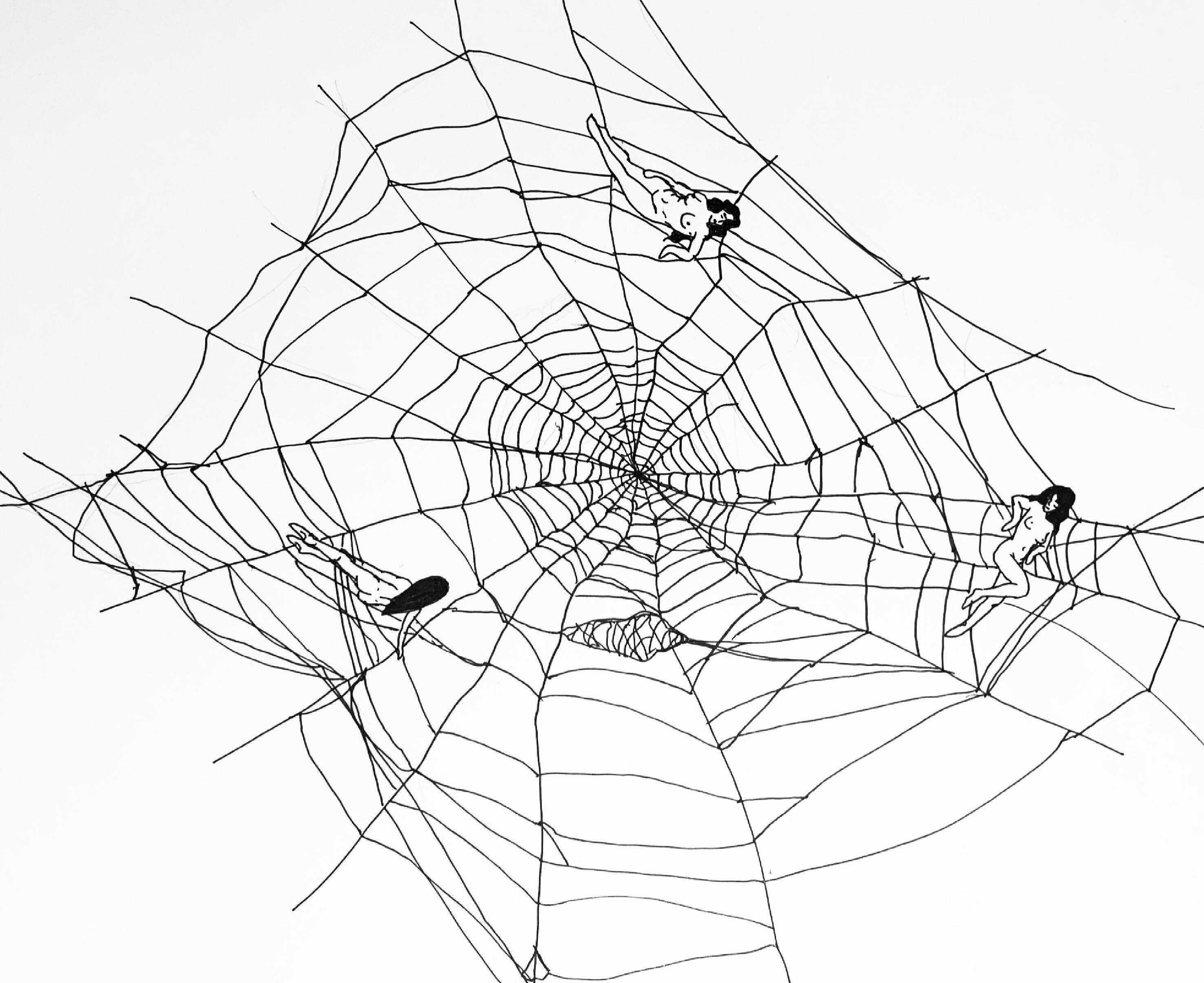
3 minute read
‘DROPP the MOPP’ – The Difficulties of Online Learning and Academic Misconduct
The Difficulties of Online Learning and Academic Misconduct WRITTEN BY ANONYMOUS
Advertisement
Complicated. Many things have been complicated in the past 12 months at QUT. Students have certainly had an interesting time navigating new ways of studying.
The struggle of trying to figure out why someone is doing Mathematics in the Law Library.
The struggles of being enrolled internally while only having access to external lectures and tutorials, as QUT does not have the capacity to teach the number of students enrolled in classes internally.
The struggles of isolation, and missing seeing your friends in person.
The struggles of not being able to celebrate submitting your exam with a ceremonial Long Island, or five.
The largest struggle for many students has been the inability to collaborate and discuss their units with their peers.
“Why would I come into Uni to talk with students when I’m forced to be external?” We ask ourselves. “I’m not paying for the train or campus parking if it’s only to talk with my study group. We can just talk in the group chat.”
The new world of post-Covid learning has created a complicated world for students. The above statement may seem like an entirely rational thing for students to do in the future of online learning. However, that thinking may find students in breach of QUT’s MOPP for collusion.
The MOPP definition of collusion itself is complicated, vague, and difficult to understand.
5.3.6. (e) Collusion
Collusion involves unauthorised collaboration on assessment items with any other person/s. Collusion includes:
working with others to produce an assessment item where such collaboration is not specifically authorised in the assessment requirements
sharing completed answers to summative assessment items, where it is reasonable to expect that the material will be submitted for assessment by others
sharing detailed examples of work related to assessment items, where it is reasonable to expect that the material will be submitted for assessment by others.
QUT’s current definition of collusion is diametrically opposed to online learning. If you were to talk with your friends and study groups about assessment in person, you have not colluded. You could go so far as to read your assignment aloud to another student, and you likely would not breach the collusion provisions in the MOPP. But, if you were to have the same conversation online, through social media or another service, the University could find you guilty of collusion.
Covid-19 has placed students into a position where many cannot risk coming to University due to the associated risks. Many cannot be bothered to go into Uni because they don’t have in-person classes, so travel is an unnecessary expense. Students rely on online communication to achieve any sort of ‘university experience’, and QUT is aware of this, evidenced by the shift to online learning. These same students may be found guilty of academic misconduct for writing down their non-academic misconduct collaboration instead of talking in person.
QUT needs to amend the MOPP to accommodate for the shift to online learning and make explicit what behaviours constitute ‘collusion’. While the government has told universities that classes can return in their full capacity, it appears QUT has made up its mind and shall continue to rely on online learning. QUT cannot continue in good faith to hold students to the same standards of pre-Covid learning when the world and University have been made so complicated.
Of course, if you’re found guilty of misconduct and fail your class, you have to pay to retake the unit, which is more money in Margret Shiel’s pocket. But that’s another conversation…








